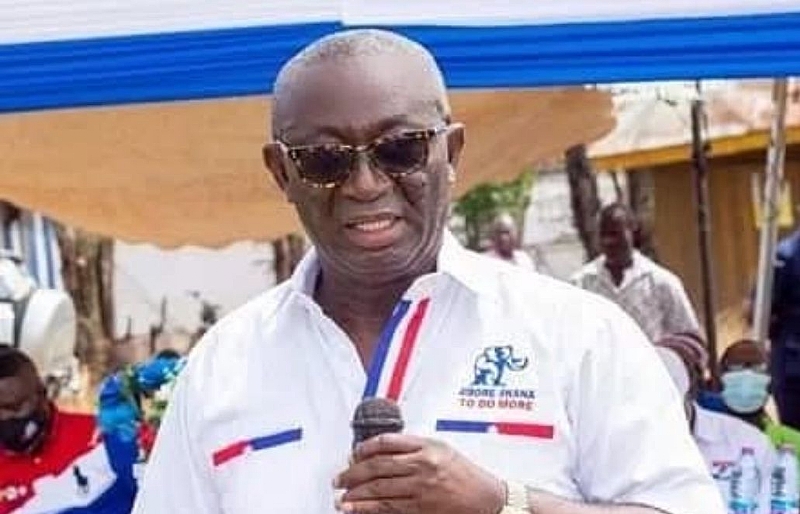The New Patriotic Party (NPP) in Ghana finds itself at a crossroads, grappling with internal dissent regarding the proposed timeline for its 2028 presidential candidate selection. Andy Appiah-Kubi, a prominent figure within the party and a former Member of Parliament, has voiced strong concerns over the decision to hold flagbearer elections in January 2026, prior to electing new party executives. He argues that this approach deviates from established party procedure, risks exacerbating existing internal divisions, and could ultimately undermine the party’s ability to effectively reorganize and prepare for the upcoming election cycle. Appiah-Kubi’s critique centers on the potential for disarray and confusion arising from prioritizing the selection of a flagbearer over the renewal of the party’s leadership structure.
Appiah-Kubi’s primary argument revolves around the necessity of a structured and hierarchical approach to party reorganization. He contends that the established practice, enshrined within the NPP’s constitution, mandates electing new party executives at all levels, from polling stations to the national level, before proceeding with the selection of a presidential candidate. This bottom-up approach, he argues, ensures a cohesive and unified party structure, enabling effective mobilization and campaign strategy development. Bypassing this crucial step, he warns, risks creating a leadership vacuum and potential conflicts of interest, with a newly elected flagbearer potentially influencing the selection of party executives aligned with their personal ambitions rather than the broader party interests.
The former MP emphasizes that the NPP is currently grappling with internal divisions and differing opinions regarding its recent performance. He believes that prioritizing the flagbearer selection process without first addressing these underlying issues through the election of new executives could exacerbate existing tensions and create further instability. A proper reorganization, he argues, requires a thorough assessment of the party’s strengths and weaknesses, followed by the election of leaders capable of implementing necessary reforms and unifying the party base. Choosing a flagbearer before undertaking this crucial internal restructuring risks imposing a leader upon a disjointed and potentially fractured party, hindering the development of a cohesive and effective electoral strategy.
Furthermore, Appiah-Kubi questions the logic of entrusting the responsibility of party reorganization solely to the newly elected flagbearer. He argues that this approach places an undue burden on a single individual and ignores the collective wisdom and experience of the party’s elected executives. Rebuilding and strengthening the party requires a collaborative effort, with the flagbearer working in tandem with a strong and unified leadership team to address internal challenges, mobilize support, and develop a winning electoral strategy. By prioritizing the flagbearer selection, the NPP risks marginalizing the role of its executive body and undermining the party’s ability to effectively navigate the complex political landscape.
Appiah-Kubi’s concerns reflect a broader debate within the NPP regarding the balance between individual leadership and collective party organization. While some may argue that a strong and charismatic flagbearer can galvanize support and lead the party to victory, Appiah-Kubi’s perspective underscores the importance of a robust and well-functioning party structure as the foundation for electoral success. He cautions against placing undue emphasis on the individual at the expense of the collective, emphasizing the need for a unified and organized party capable of effectively representing the interests of its members and the broader electorate.
In essence, Appiah-Kubi’s criticism serves as a timely reminder of the fundamental principles of democratic party organization. He advocates for adhering to established procedures and prioritizing internal cohesion and unity over individual ambitions. His call for a structured and constitutionally compliant approach to party reorganization underscores the importance of a strong and unified party structure as the foundation for effective political engagement and electoral success. The NPP must carefully consider these concerns and engage in a constructive dialogue to address the underlying issues and ensure that its internal processes align with its democratic ideals and long-term strategic goals.


